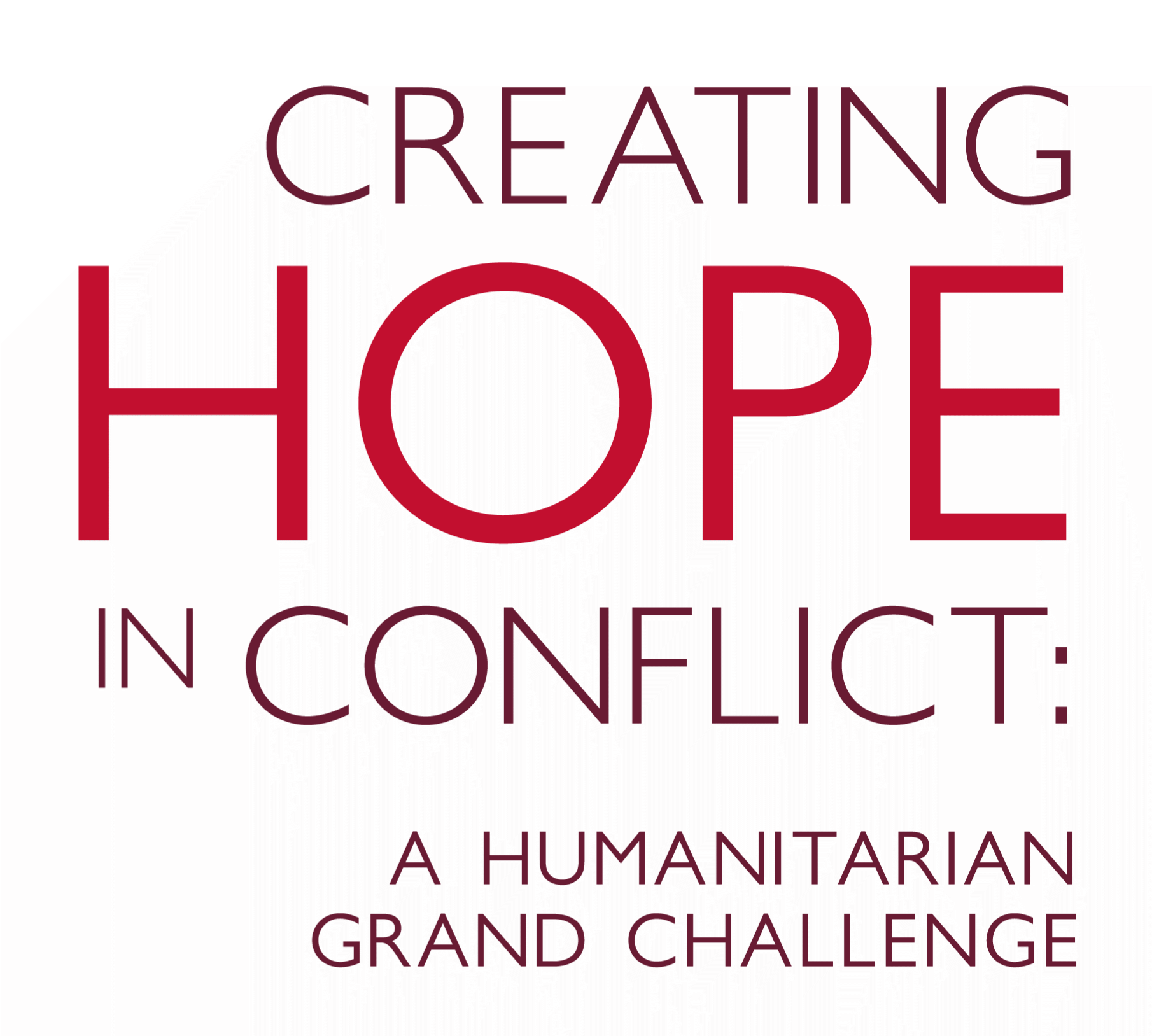“Access to a safe, clean toilet has the ability to improve lives, increase incomes, change livelihoods, empower women, ease climate change… It can change everything.”
change:WATER Labs CEO, Diana Yousef
Globally, over 2.6 billion people lack safe toilet access, resulting in over 1 billion people defecating openly. Chronic under-investment into sanitation infrastructure means people in many poor and vulnerable communities live with their sewage.
With no toilets or pipes, there is no way to flush.
Women and girls are disproportionately affected by the lack of access to sanitation, hygiene facilities or toilets. Sanitation access and gender-based-violence are closely linked; sanitation-related gender-based violence results in restricted access and movement among women and girls, as well as missed opportunities. The lack of basic sanitation and hygiene services in households, schools and healthcare facilities is associated with harassment, sexual-exploitation, decreased school attendance rates and increased drop-out rates for girls.
So how does this problem get solved? The Humanitarian Grand Challenge is supporting change:WATER Labs, in their development of a low-cost, compact, waterless toilet for non-sewered households and communities, as well as the piloting of this project. With Humanitarian Grand Challenge funding, change:WATER Labs will be able to accelerate to completion and market launch of their toilets, with a view to deploying 150,000 in five years, improving the lives of 7.5 million people.
Data on sanitation/ hygiene:
- 2.6 billion people lack safe toilet access
- 1 in 3 women lacks safe toilet access
- 1 in 3 women will experience physical and/or sexual violence in their lifetime
change:WATER Labs is committed to improving sanitation and hygiene for everyone everywhere. The development of the iThrone shifts the paradigm, not only for “off-line” sanitation in places with no plumbing infrastructure, but also, in future, as a potentially disruptive alternative to flush-toilets—with a toilet that not only doesn’t use or consume clean water for flushing, but in fact turns human waste INTO clean water and power. Their innovative waste-evaporating technology provides homes with a safe, clean, “self-flushing” toilet, without the need for power or plumbing.

The compact, contained, stand-alone units can be dropped into any space quickly, and the ‘self-flushing’ technology works while being completely waterless and environmentally safe.
No water. No power. No plumbing.
Here are five ways Change:WATER Labs is improving sanitation and hygiene:
Health
Health outcomes are improved. Nearly half the global population is living without a toilet. Open defecation leads to toxins leeching into the ecosystem, and the spread of disease. Poor sanitation causes 80% of all infectious disease. 1,500 children a day die from diarrhea, as a result of lack of sanitation. Over 800 of them are under 5 years old.
Education
Lack of sanitation compromises education – especially among women and girls. 45% of schools globally lack safe, clean private toilets. This gap makes it very hard for students, especially girls, to get through every single day of their education. They try to manage or avoid their urges to go by not eating or drinking during the day, rendering them tired and lethargic, and by holding it, often contributing to high rates of urinary tract infection. So, by the time girls reach puberty, over 20% of them will drop out of school because the lack of safe clean private toilets onsite leads them to skip 1 week of school per month during their menstrual periods. When a girl drops out of school, she is often married off young and starts having children young. This condition all but ensures her a life of poverty and subjugation. When girls start having children young, this also contributes to unsustainable population growth in poor communities.
Sanitation-Related Violence
1 in 3 women lack safe toilet access. Women and girls spend 97 billion hours per year trying to find a safe place to defecate. This means girls are 50% more likely to be raped or sexually assaulted when they don’t have a toilet in their home, as they are forced to use public toilets. Waiting until dark, for privacy, leaves these women and girls vulnerable and more susceptible to assault and violence.
Environment
Where people don’t have access to safe, dignified sanitation, they resort to open defecation. This leaves the environment toxic. The amount of water currently used to flush will be unsustainable.
Displacement
The growing population of forcibly displaced peoples (due to conflict, poverty, climate change and disaster) and lack of effective and acceptable responses to providing safe sanitation will leave millions vulnerable, and the lack of infrastructure will have negative impacts on communities and countries.
change:WATER Labs is launching a pilot program that will deliver their innovative toilets to hospitals and schools in Uganda, serving up to 300 people, allowing girls and young women in this community to continue with their studies, whose educations will not be compromised for a lack of toilets in their school.
With 2.6 billion people globally lacking access to safe, dignified sanitation, your support and awareness can help create change that is so desperately needed.
Change:WATER Labs is a Humanitarian Grand Challenge supported innovation. Creating Hope in Conflict: A Humanitarian Grand Challenge is a partnership of the U.S. Agency for International Development (USAID), the UK Department for International Development (DFID) , the Government of the Netherlands, and Grand Challenges Canada.
